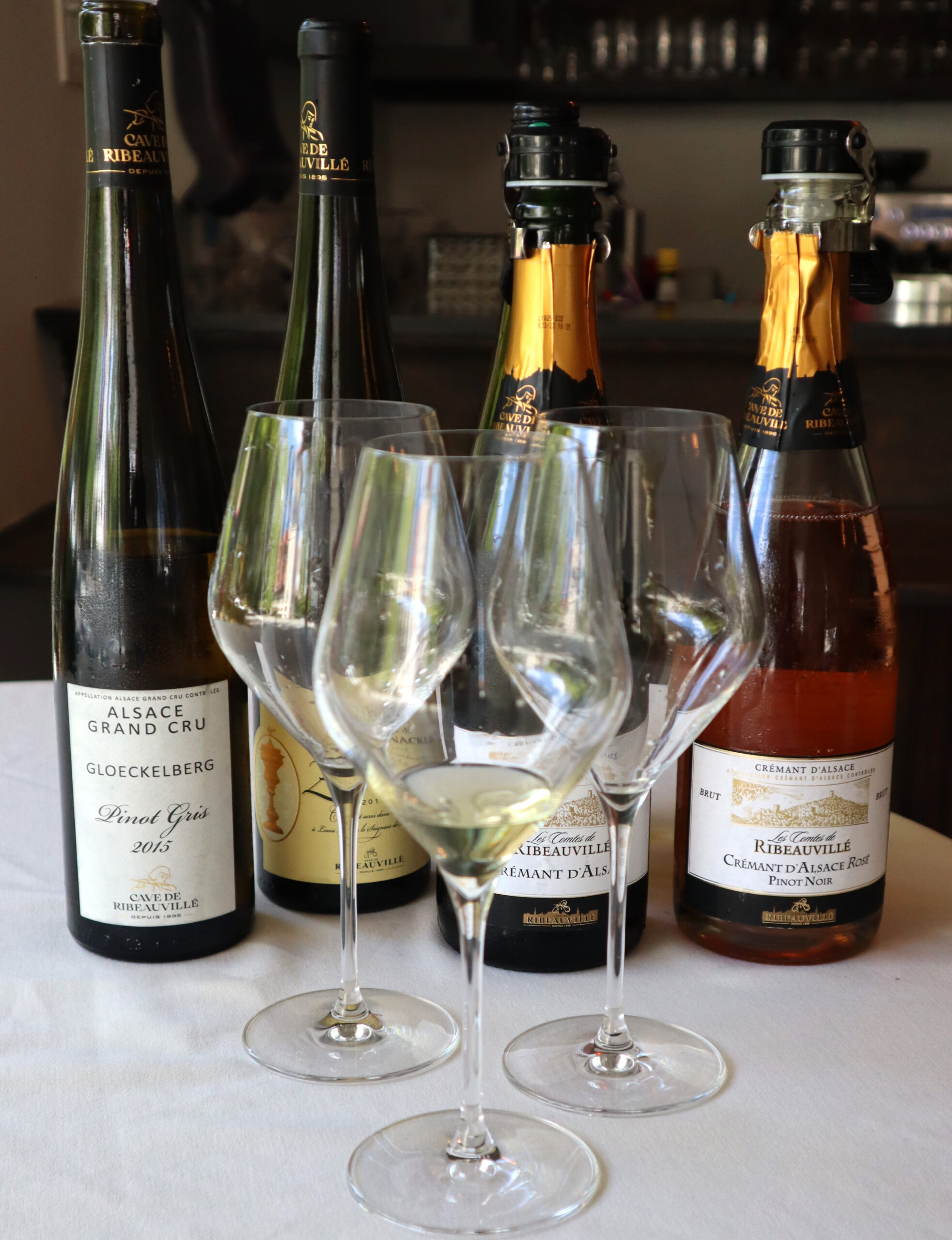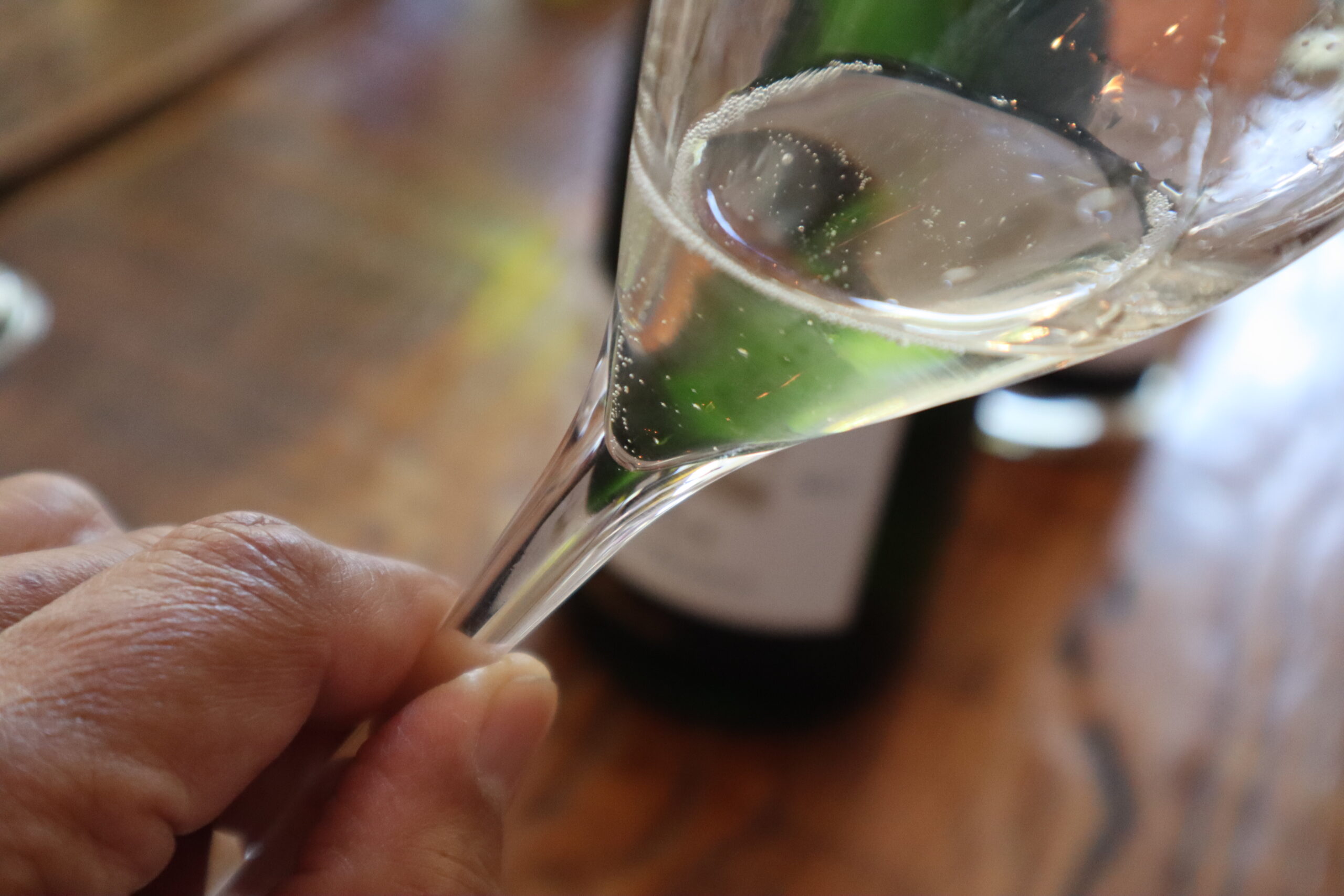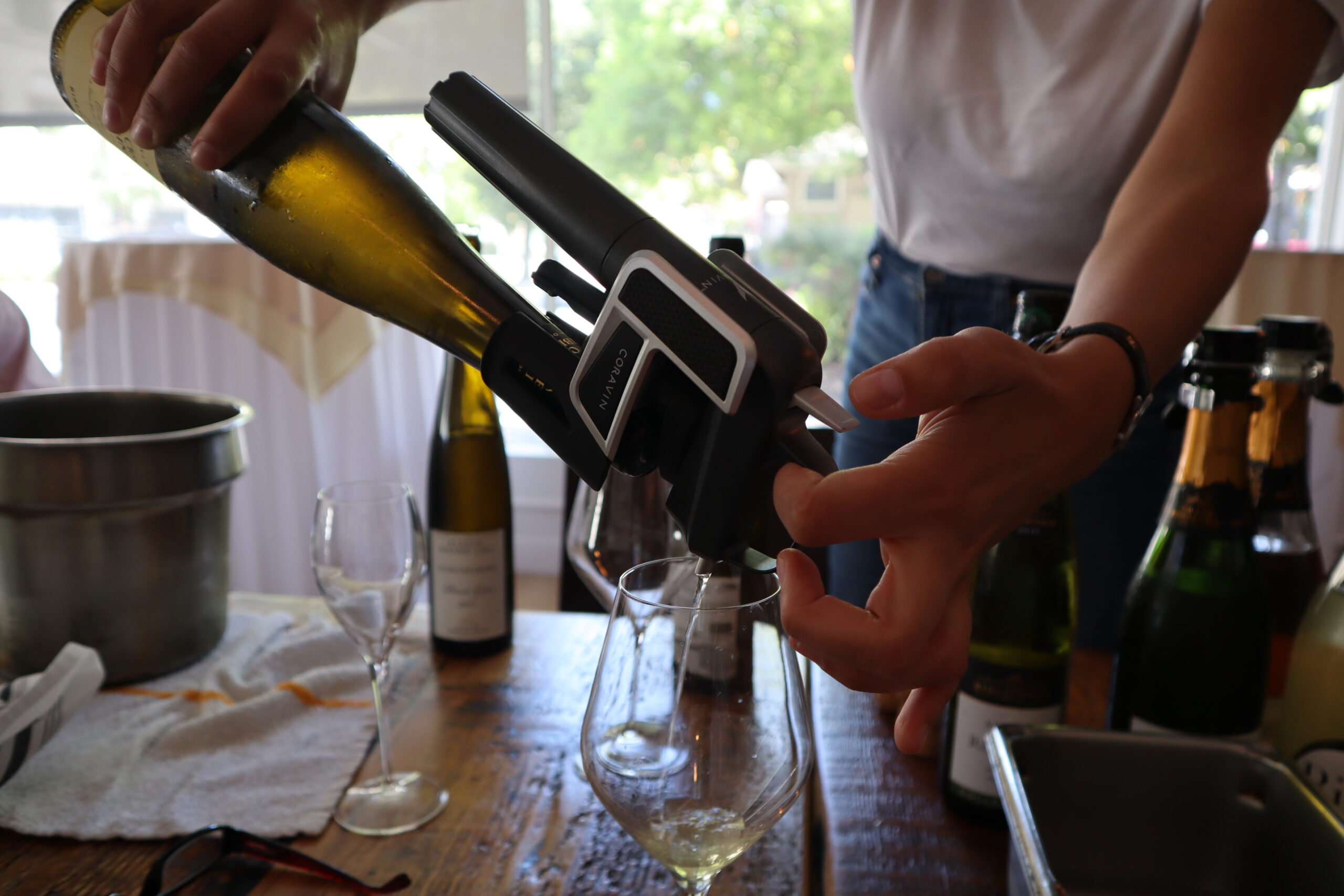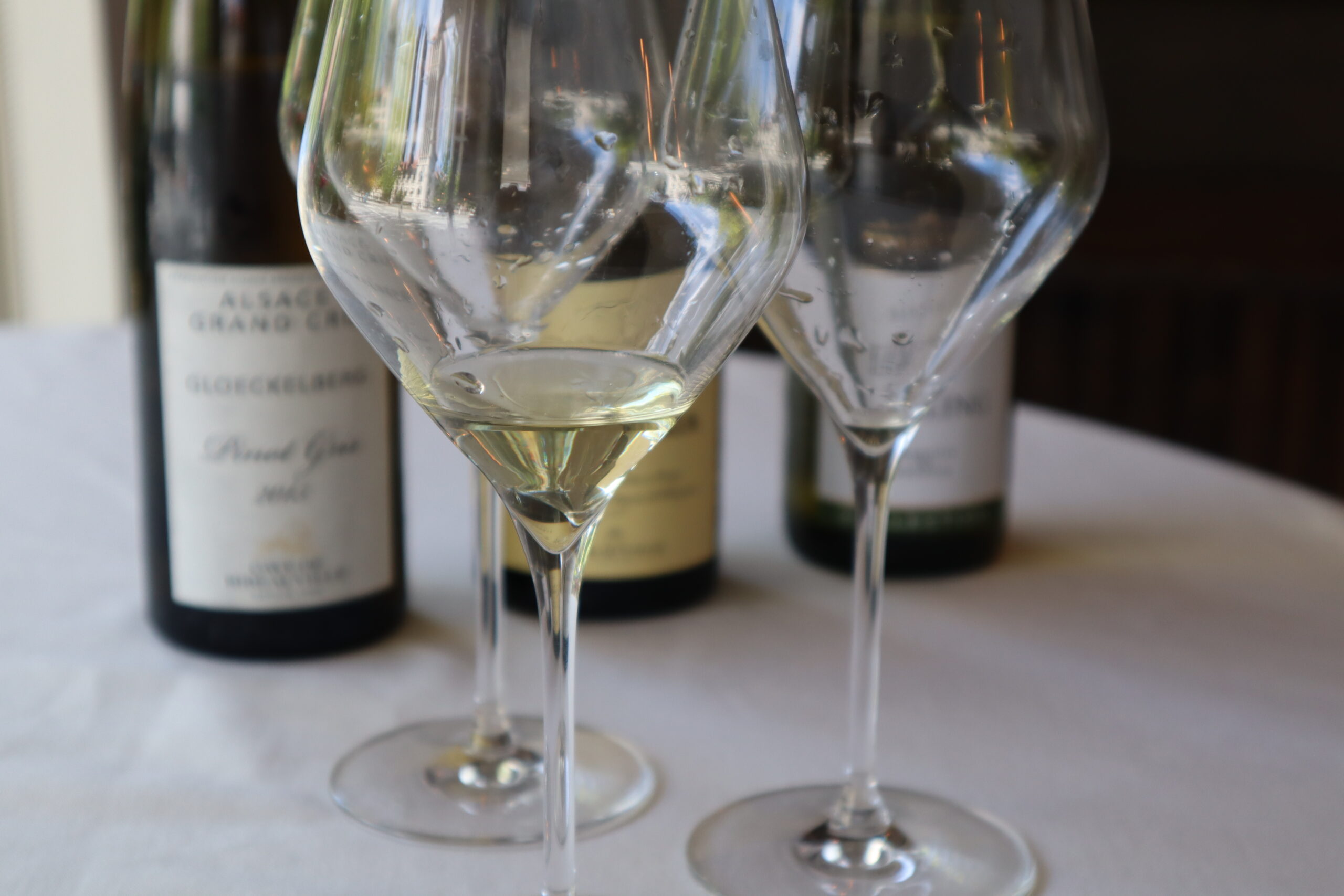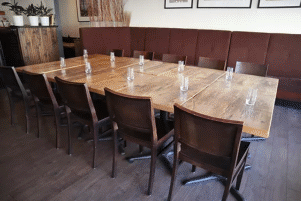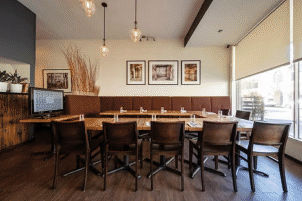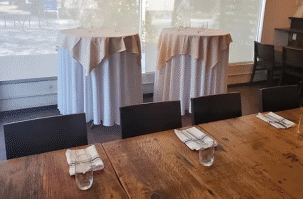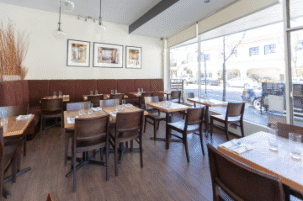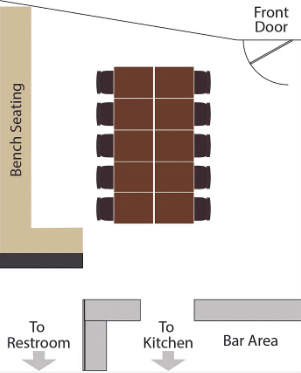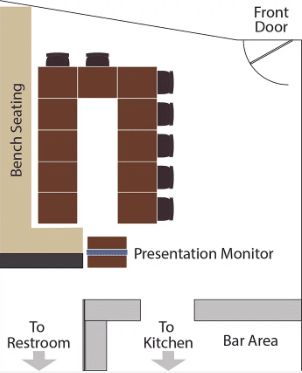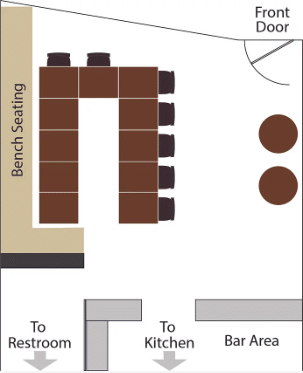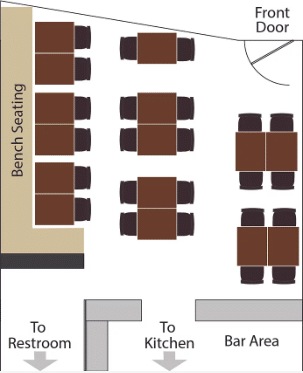Description
Wine Tasting – Wines of Alsace
Featuring Seven Wines of Cave de Ribeauvillé
1. Rib0
Nose is sharp and fine with nice notes of fresh fruits. Crunchy in the beginning, light with aromas of a blend of yellow fruits and Muscat, with a vivid acidity and a mild finish.
Process of de-alcoholization: Under vacuum cold distillation (85F)
100% Muscat vinified dry.
2. Crémant brut Blanc de Blancs
Crispapple aroma, helped along by lively citrus. The bubbles are fine and consistent on the refreshing and almost creamy body. Dry finish.
80% Pinot Blanc
20% Pinot Auxerrois
3. Crémant brut Rosé
Notes of lemonand red currant are beautifully aromatic on the nose. Bright citrus freshness. The finish is lip-smackingly refreshing, dry and brims with fruit.
100% Pinot Noir
4. Riesling Collection 2019
Dryand racy, with various aromas from fruit notes (citrus fruits) to mineral aromas (flinty).
100% Riesling
5. Gewurztraminer Grand Cru Pfersigberg 2016
Exotics, peppermint and lychee aromas. Vigorous at the beginning, great balance and fresh. Well-structured and long final with delicate refreshing bitterness. Unique & elegant wine.
100% Gewurztraminer Grand Cru
6. Clos du Zahnacker 2015
Chalk, chamomile tincture anddried lemon peel This wine is fluid and layered, showing signs of evolution that is set to continue for many years. Gentle sweetness balances the bracing freshness. The finish is off dry but very balanced and long.
40% Riesling Grand Cru
30% Pinot Gris Grand Cru
30% Gewurztraminer Grand Cru
7. Pinot Gris Grand Cru Gloeckelberg 2015
Smoky aromas with dried fruits at nose. Softand well structured: the beginning is round, and the finish shows some notes of acidity.
100% Pinot Gris Grand Cru
About Cave de Ribeauvillé
Founded in 1895, Cave de Ribeauvillé is the oldest cooperative in France!
In 1885 Alsace Region was annexed to the German Reich. Cut off from France and its wine connoisseurs, vineyards of Ribeauvillé were sadly neglected. It was a group of winegrowers who then decided to group together and founded the cooperative based on the ideas of German sociology. The principle was simple: each member had to bring all his harvest to the cooperative and in exchange was paid fairly. Skilled workers were in charge of the winemaking and bottling, a sales force found outlets for the wine and an administrative body took care of production and selling. Everything was placed under the direct control of the winegrowers who formed a board of directors.

